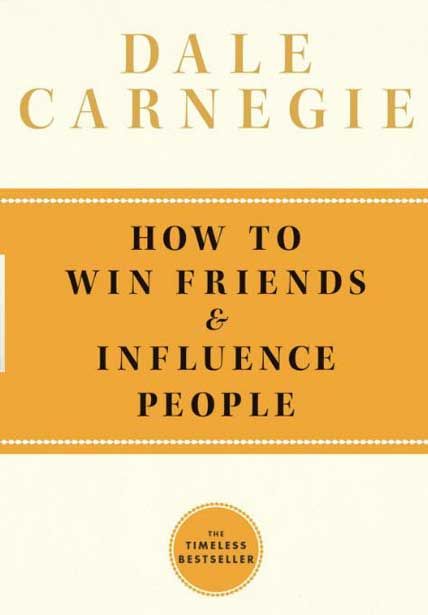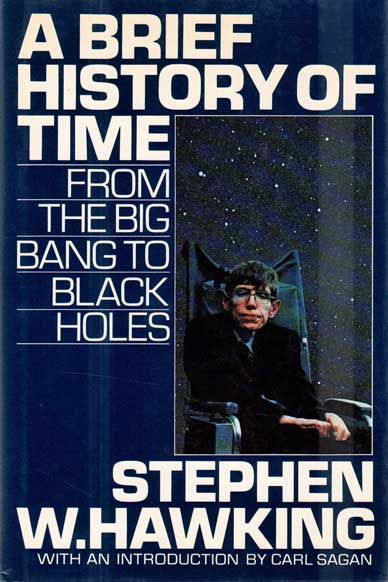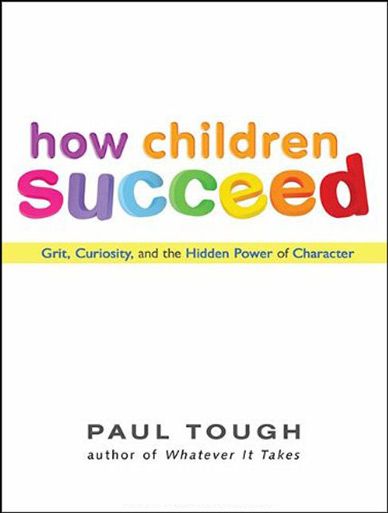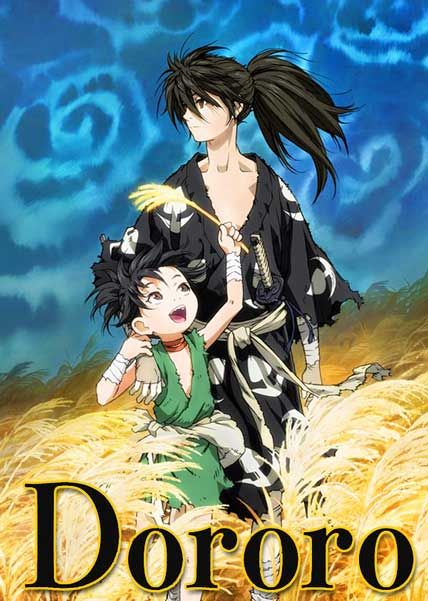
Tracklist on next page

This grandfather of all people-skills books was first published in 1937. It was an overnight hit, eventually selling 15 million copies. How to Win Friends and Influence People is just as useful today as it was when it was first published, because Dale Carnegie had an understanding of human nature that will never be outdated. Financial success, Carnegie believed, is due 15 percent to professional knowledge and 85 percent to “the ability to express ideas, to assume leadership, and to arouse enthusiasm among people.” He teaches these skills through underlying principles of dealing with people so that they feel important and appreciated. He also emphasizes fundamental techniques for handling people without making them feel manipulated.

Stephen Hawking, one of the most brilliant theoretical physicists in history, wrote the modern classic A Brief History of Time to help nonscientists understand the questions being asked by scientists today: Where did the universe come from? How and why did it begin? Will it come to an end, and if so, how? Hawking attempts to reveal these questions (and where we’re looking for answers) using a minimum of technical jargon. Among the topics gracefully covered are gravity, black holes, the Big Bang, the nature of time, and physicists’ search for a grand unifying theory. This is deep science; these concepts are so vast (or so tiny) as to cause vertigo while reading, and one can’t help but marvel at Hawking’s ability to synthesize this difficult subject for people not used to thinking about things like alternate dimensions. The journey is certainly worth taking, for, as Hawking says, the reward of understanding the universe may be a glimpse of “the mind of God.”

How Children Succeed introduces us to a new generation of scientists and educators who are radically changing our understanding of how children develop character, how they learn to think, and how they overcome adversity. It tells the personal stories of young people struggling to say on the right side of the line between success and failure. And it argues for a new way of thinking about how best to steer an individual child-or a whole generation of children-toward a successful future.This provocative and profoundly hopeful book will not only inspire and engage listeners; it will also change our understanding of childhood itself.

In a world where superheroes embrace the darker side of their massive celebrity and fame, The Boys centres on a group of vigilantes known informally as “The Boys,” who set out to take down corrupt superheroes with no more than blue collar grit and a willingness to fight dirty.

A samurai lord has bartered away his newborn son’s organs to forty-eight demons in exchange for dominance on the battlefield. Yet, the abandoned infant survives thanks to a medicine man who equips him with primitive prosthetics—lethal ones with which the wronged son will use to hunt down the multitude of demons to reclaim his body one piece at a time, before confronting his father. On his journeys the young hero encounters an orphan who claims to be the greatest thief in Japan.